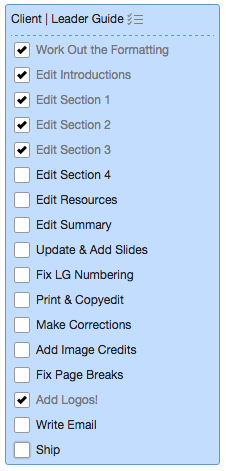So, we had this project with a tight timeline. And then the start of it was delayed. However, the end dates did not move, so the timeline was even tighter.
On top of that, because of shifting the start date, this project landed right on top of other priorities.
Enter a string of long days. Early mornings. Late nights.

Is there life on both sides of the wall?
Given this whole situation, each project deliverable (all delivered on time) felt like a little miracle.
How to make this work?
Manage Yourself
There’s little time for nonproductive behavior, so put the best (quick, effective) motivation tools to work.
- Take time for morning motivation.
- Don’t be lazy.
- Don’t be distracted.
- Take breaks. (I know, but you need them.)
- Take a walk sometimes (or your exercise of choice).
- Stop for meals. Really stop. No working.
- Savor downtime, even if it’s only for a few minutes.
- Take a few moments for reflection at the end of the day.
- Remember that the project will eventually be complete.

Manage the Project
Long days = tiredness = the potential to forget things. Also, the feeling of too much to do in too little time can sap your motivation.
Let’s say that the deliverables, roles, and schedule are clear. And, let’s say that you are responsible for a big chunk of the work. Here are some ways to stay motivated and on track.
- Break the next actions for your deliverables into small, manageable steps.
- List the small steps.
- Put little editing things on your list that you wouldn’t normally have to think about, in case you are doing them at midnight (and your brain just wants to quit).
- Focus on one thing at a time. Remember the journey of a thousand miles. Remember the tortoise. Just work.
- Cross things off as you finish them.
- Comb client feedback as soon as you get it. Look for action items and especially for questions.
- If you can’t make updates immediately, make a list. Or display email feedback (say) and cross items off as you make updates.
- Ask questions about conflicting or unclear feedback as soon as possible (so you don’t end up late at night, right before your next deliverable is due, without a crucial answer).
Doing these little things helps. You can see progress. As you check things off, you begin to see that you will eventually complete all the steps.
You can use these tips for multiple types of projects. The example list shown here is for part of an instructor-led training development project.
Communicate with Everybody
Chances are that you are not entirely alone while you’re working on this project. Even if you are working remotely and never meet the other people on your team or on the client’s team, make time to communicate.
- A weekly status meeting, even if short, can be a huge help. Review progress. Set interim deadlines. Ask for feedback. Construct agreements about who will do what in the next phase of things. Make sure everything stays on track.
- Manage the relationships as well as the tasks. Thank people for their time, effort, and input. Do this on calls and in email. Don’t forget that good relations make working together so much better.
- Do your best to enjoy everyone involved.
In addition to taking care of yourself, organizing and managing the project, and communicating with others, give thought to what you will do once you’ve conquered the deliverables. Maybe a reward. Maybe also rewards for others who have been helpful and understanding while you’ve been glued to your project.
Also, it’s great to enjoy the good feeling that comes once the project is done.
